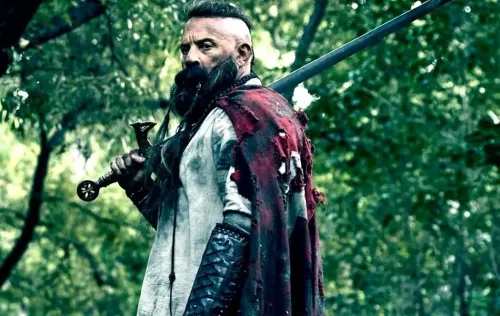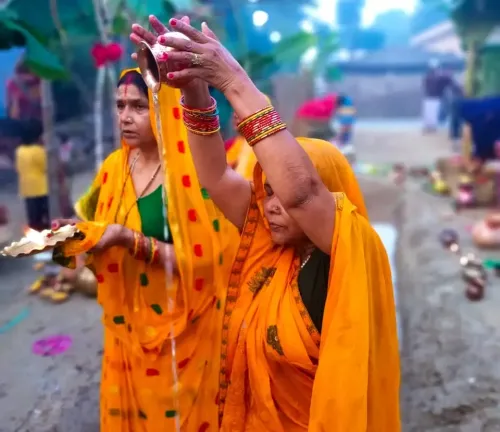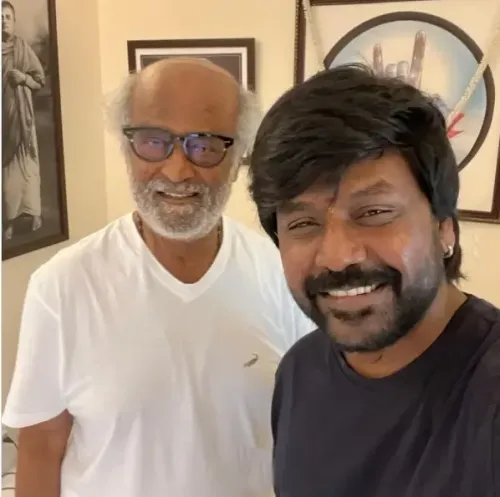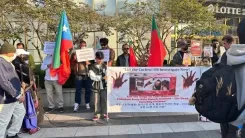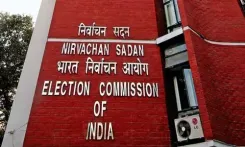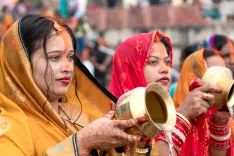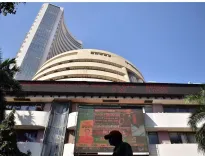Did MK Stalin Honor Ambedkar and Marx in London?
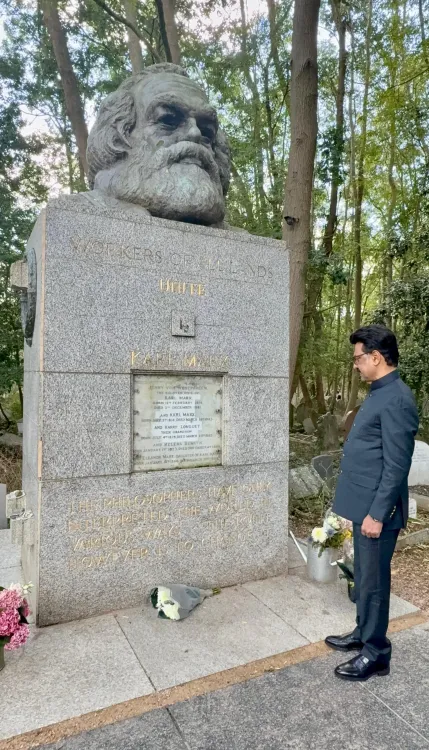
Synopsis
Key Takeaways
- M.K. Stalin honors Dr. B.R. Ambedkar's legacy.
- The Ambedkar House symbolizes the fight against caste oppression.
- Karl Marx's memorial inspires global labor movements.
- Stalin emphasizes knowledge as a tool for social change.
- Both visits highlight the ongoing relevance of their teachings.
Chennai, Sep 6 (NationPress) The Chief Minister of Tamil Nadu, M.K. Stalin, currently on an official trip to the United Kingdom, paid his respects at two significant sites that represent social justice and progressive thought.
On Saturday, he visited the historic Dr. B.R. Ambedkar House in London, where Babasaheb lived while pursuing his studies at the London School of Economics.
Sharing his reflections on social media, Stalin expressed a profound sense of honor as he traversed the rooms that once nurtured Ambedkar during his pivotal years abroad.
“This was where a young man, once oppressed by caste in India, rose through knowledge to earn respect in London and ultimately became the principal architect of the Constitution of India,” he noted on X.
What resonated deeply with him was the sight of a rare photograph depicting a dialogue between social reformer Thanthai Periyar and Dr. Ambedkar.
Stalin characterized the visit as a moment of inspiration and concluded his post with, “Grateful for this inspiring moment. Jai Bhim.”
The Ambedkar House in London serves as a lasting emblem of Babasaheb’s intellectual odyssey and his unwavering struggle against caste discrimination, drawing visitors globally, particularly those influenced by his role in molding modern India’s democratic principles.
Following this, Stalin visited the memorial of the renowned German philosopher and socialist thinker, Karl Marx, situated in Highgate Cemetery, an iconic destination for political leaders and activists inspired by Marxist ideology.
Stalin quoted Marx’s famous assertion, “The philosophers have only interpreted the world in various ways. The point, however, is to change it.”
He paid homage to Marx as a beacon for the working class, referring to him as the “Red Sun” who illuminated the path for labor movements globally, emphasizing his contributions to worldwide struggles for equality.


